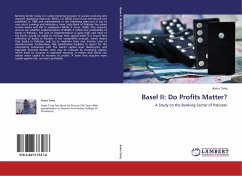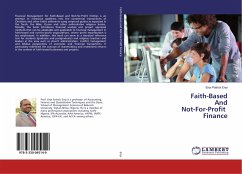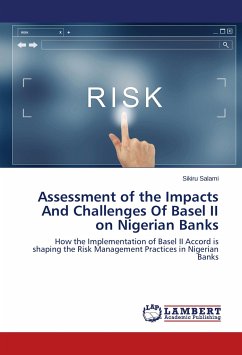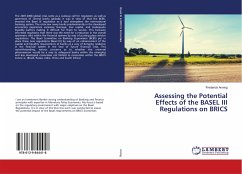Banking Sector today is in under immense pressure to sustain economy and improve regulatory measures. BASEL I or BASEL Accord was introduced and published in 1988 and implemented in the following years but it has its own short comings and limitations. Now State Bank of Pakistan has asked certain banks and DFI to implement BASEL II (June, 2004). This research aims to see whether implementation of BASEL II affects the profitability of banks in Pakistan. The cost of implementation is quite high and most of the banks would be asked to increase their capital levels. It is found that efficiency of banks in Pakistan is not competitive enough, which means that banks in Pakistan only try to maintain their cost income ratio at minimum level. Furthermore, Risk modification facilities to report for the uncertainty connected with the bank's capital level. Bankruptcy and expected financial distress costs may be reduced by increasing capital, which leads to increase in expected earnings. It means that banks can obtain more capital to increase its profits. A bank that acquires more capital against risk, are more profitable.








